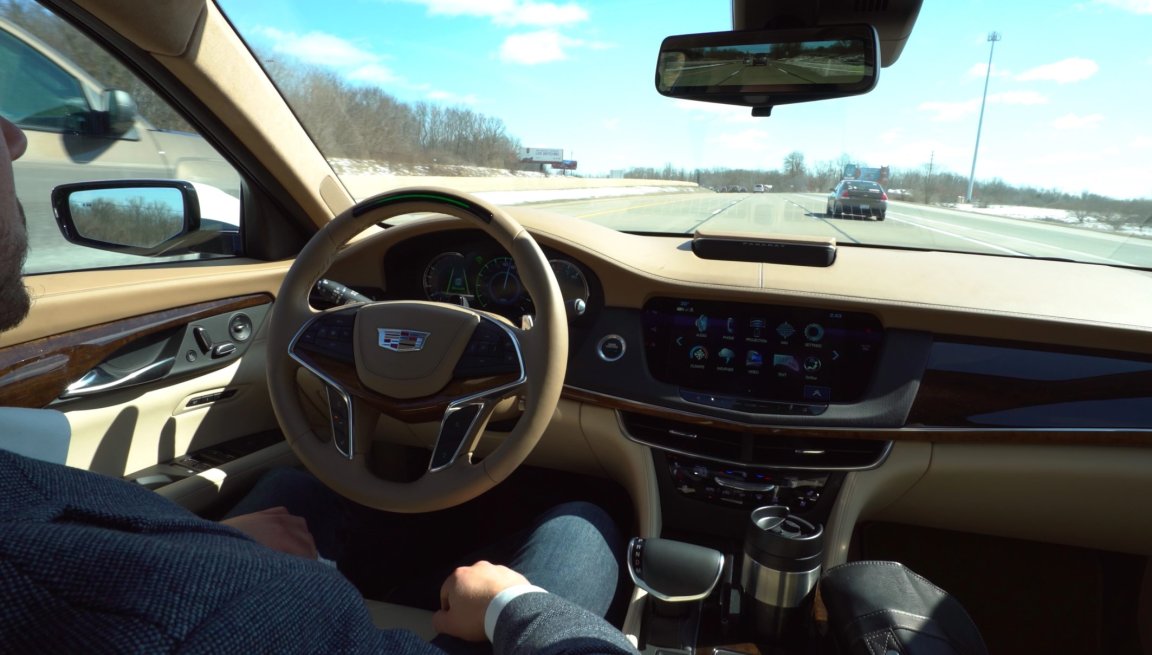
Regulation Rollout
The Trump Administration is expected to update the country’s automobile regulations to better accommodate the development and integration of self-driving vehicles into the nation’s automotive tapestry. In an interview with Reuters, the U.S. Transportation Secretary, Elaine Chao, discussed the need for improved regulations to meet the technological capabilities of this new era. “The technology is there, the question is how do we regulate it, how do we continue to promote innovation but also safeguard safety,” Chao said.
These new guidelines are expected to remove some of the ambiguity of previous iterations. Speaking at a recent auto show in Detroit, Chao said the new guidelines, which are expected to be unveiled this summer, will address “barriers to the safe integration of autonomous technology for motor carriers, transit, trucks, infrastructure, and other modes.” Chao added that the government does not wish for regulation to favor one developer or technology over another.
Gearing Up
Businesses working on self-driving technology are eager to have national standards in place before their technologies are ready for deployment. Right now, companies are relying on patchwork decisions by local governments to facilitate testing while the first national bill is still making its way through the legislative process.

Companies working on autonomous driving technology are at varying stages of development, but their targets for deployment seem to focus on similar projections. Elon Musk has promised to have Tesla vehicles with level 5 autonomy within the next two years. Toyota is planning to have self-driving vehicles available in 2020.
The dawn of the self-driving car will be an eventful moment for humanity. It will certainly involve many growing pains as the technology proves itself while also dealing with the unpredictability of sharing the road with human drivers. The upcoming measures will be the government’s attempt to facilitate a smooth transition.